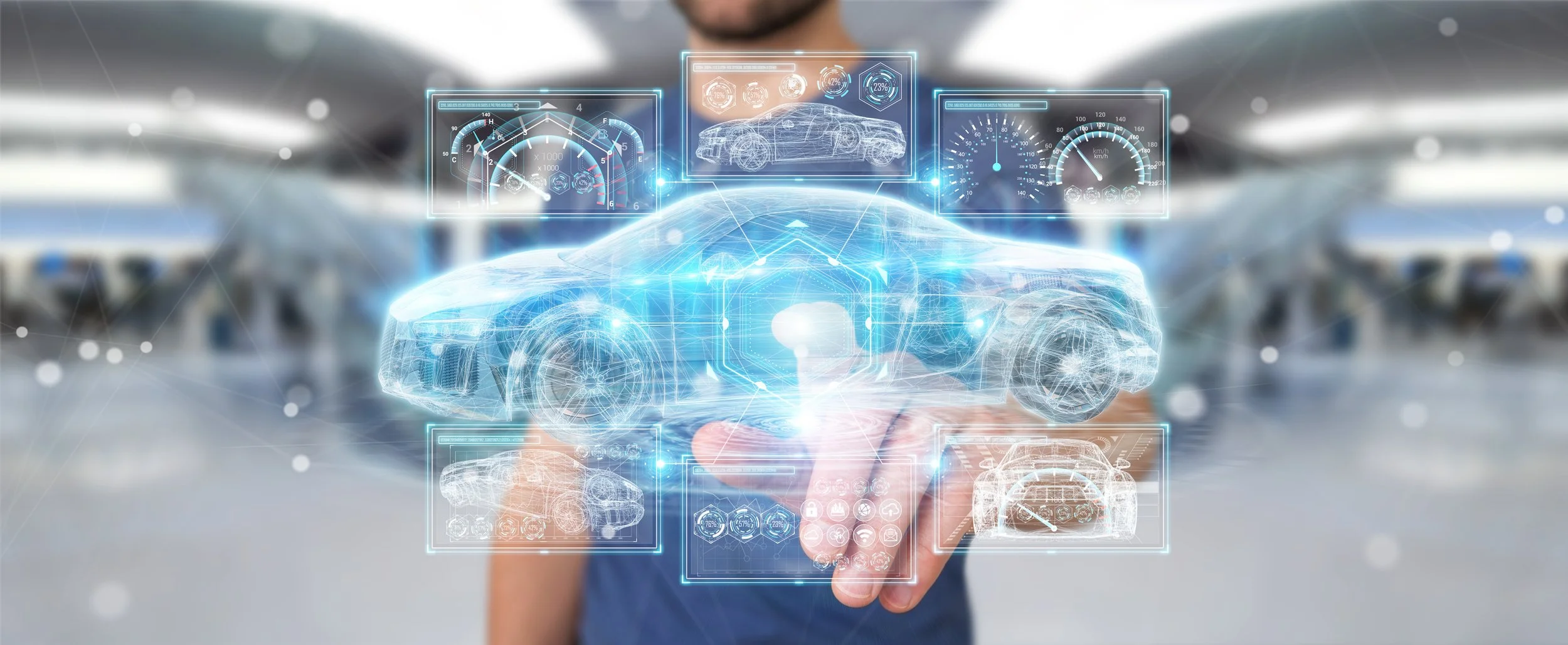What are Electric Vehicles?
An electric vehicle (EV) is a vehicle that runs on electricity as its primary power source. Electric motors are powered by batteries that store electrical energy to power EVs. This contrasts with conventional internal combustion engine vehicles that run on gasoline or diesel fuel.
EVs are classified as either all-electric vehicles (AEVs) or plug-in hybrid electric vehicles (PHEVs) with electric and gasoline engines. Hybrid electric vehicles (HEVs) use electric motors and gasoline engines but are not plug-ins. The primary distinction between electric-powered vehicles is how they are powered and how heavily they rely on electricity.
AEV stands for "all-electric vehicle." AEVs are powered solely by electricity and do not have a gasoline engine. Instead, they must be plugged into an external power source to charge their batteries.
PHEV stands for "plug-in hybrid electric vehicle." PHEVs have both an electric motor and a gasoline engine. They can be plugged in to charge their batteries, and they can also run on gasoline. The batteries in a PHEV can be charged by the gasoline engine or by plugging into an external power source.
HEV stands for "hybrid electric vehicle." HEVs have both an electric motor and a gasoline engine, and they can switch depending on driving conditions. The batteries in an HEV are charged through a process called regenerative braking, in which energy is captured and stored when the vehicle is braking or coasting. Unlike AEVs and PHEVs, HEVs cannot be plugged in to charge their batteries.
Because they rely more heavily on electric power, AEVs and PHEVs are more efficient and emit fewer emissions than HEVs. They may, however, have less range than HEVs, which can run on gasoline if the batteries run out.
Electric vehicles (EVs) have several advantages over conventional gasoline-powered vehicles.
1. Lower operating costs: EVs generally have lower operating costs than gasoline-powered vehicles because they are cheaper to fuel and require less maintenance.
2. Zero emissions: EVs produce zero tailpipe emissions, which means they do not contribute to air pollution or climate change.
3. Improved air quality: Besides not producing emissions, EVs can improve air quality by reducing the overall number of gasoline-powered vehicles on the road.
4. Performance: Many modern EVs are capable of quick acceleration and high-top speeds, and advances in battery technology have led to longer driving ranges.
5. Government incentives: In some cases, governments offer financial incentives to encourage EV adoption, such as tax credits or rebates.
Electric vehicles (EVs) have several disadvantages compared to conventional gasoline-powered vehicles.
Limited driving range: One of the main drawbacks of EVs is their shorter driving range compared to gasoline-powered vehicles. This may be an issue for drivers who frequently travel long distances or need access to charging infrastructure.
High initial cost: EVs have lower operating costs but frequently have higher initial costs than gasoline-powered vehicles.
Limited charging infrastructure: In some areas, the number of charging stations may be limited, making it difficult for EV drivers to find a place to charge their vehicles when they are away from home.
Long charging times: Depending on the charging system and the state of charge of the battery, charging an EV can take several hours. This can be an issue for drivers who need to travel long distances or need access to a charging station for an extended period.
Electricity reliance: Because EVs are powered by electricity, they are vulnerable to power outages and other grid-related issues.
Limited model availability: Unlike gasoline-powered vehicles, fewer EV models are available, limiting consumer options.
Overall, EVs are becoming a more popular mode of transportation due to their environmental and financial advantages. As more charging infrastructure becomes available and technology improves, EV adoption will increase. The Alternative Fuels Data Center, operated by the United States Department of Energy, states that prices will likely equalize with conventional vehicles as production volumes increase and battery technology improves.

